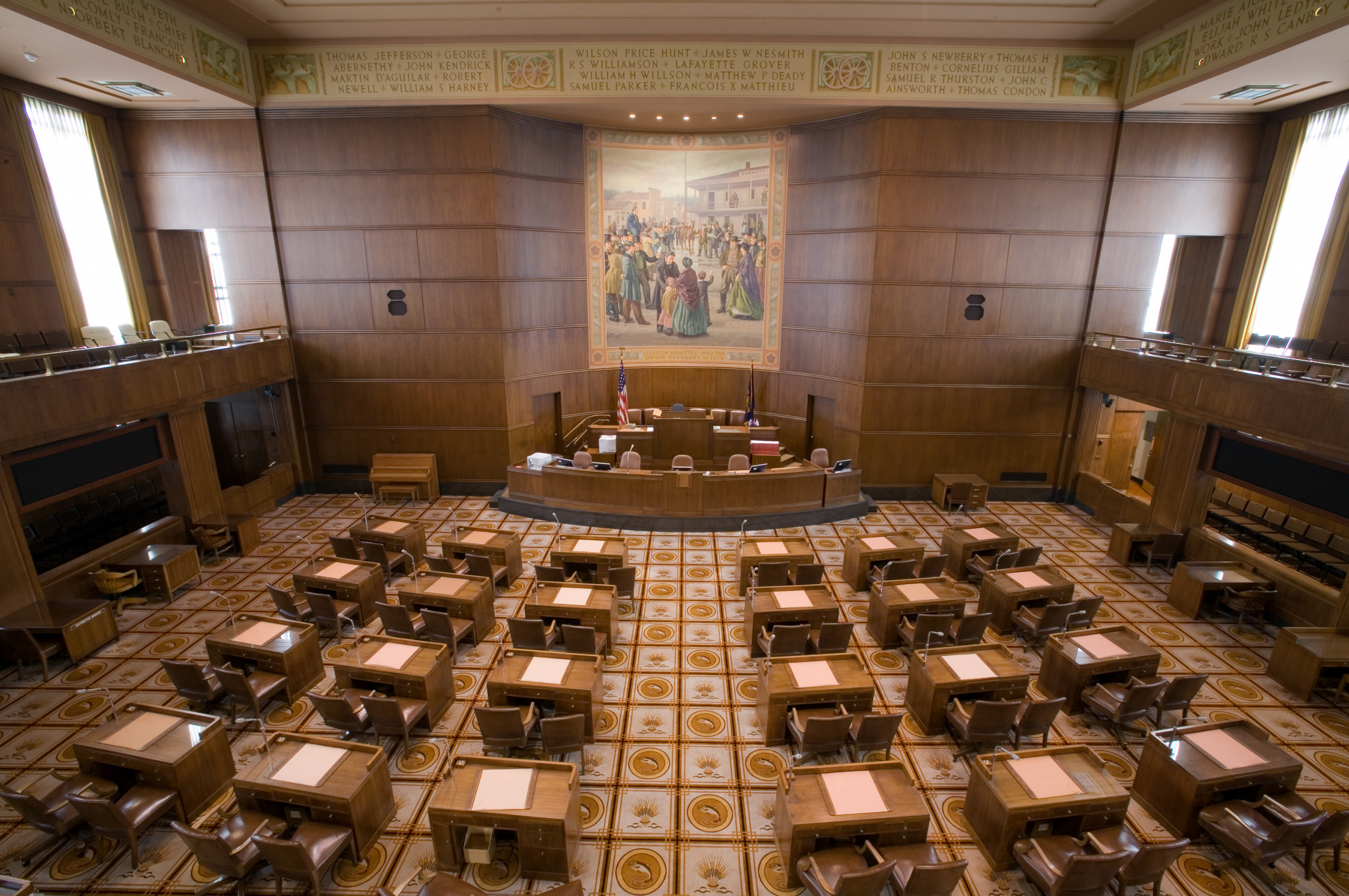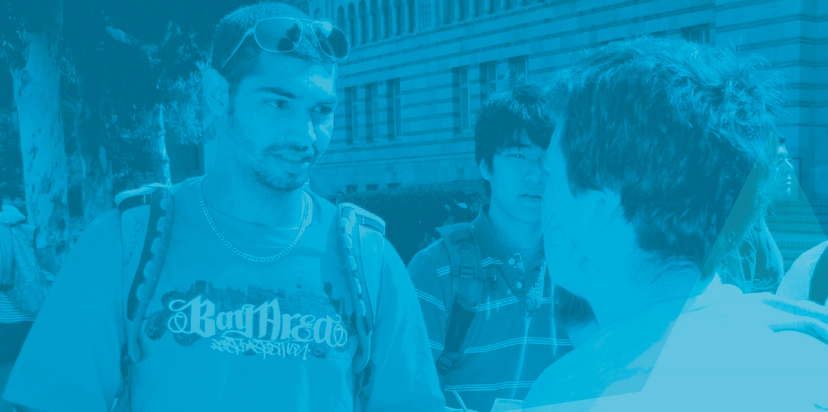
McCutcheon Ruling Weakens Democracy
Today’s Supreme Court decision in the McCutcheon v. FEC case makes me angry, and sad. Very, very few citizens are able to make $123,200 in political contributions, and the small group of donors who does have that kind of money already has a disproportionate influence. Now, they can have an even greater impact on who runs for office, what issues those candidates prioritize, and what positions candidates take. This is what makes me angry.
Today’s Supreme Court decision in the McCutcheon v. FEC case makes me angry, and sad.
The ruling overturns aggregate contribution limits in campaigns for federal office. Until today, big donors have been limited in how much money they can give to individual candidates and political action committees and in how much they can contribute to all candidates and PACs. The Supreme Court has removed the overall contribution limit, while leaving the individual caps in place. For example, in the 2012 election, if you had enough money, you could give $5,000 to every federal candidate you supported and $61,600 to national party committees, up to an aggregate cap of $123,200. Now, after McCutcheon, you can give $5,000 to every federal candidate you support, without having to worry about an aggregate cap.
Very, very few citizens are able to make $123,200 in political contributions, and donors who do have that kind of money already have a disproportionate influence. Now, they can have an even greater impact on who runs for office, what issues those candidates prioritize, and what positions candidates take. This is what makes me angry.
Frontier Group worked with U.S. PIRG Education Fund and Demos to calculate how removing the aggregate contribution cap would change the giving of elite donors. We looked just at those donors who gave within 10 percent of the aggregate cap in 2012, and estimated how much they might give in the absence of the aggregate donation limit. We found that: “In 2012, just 1,219 elite donors contributed $155.2 million to candidates, parties, and PACs. Without an aggregate contribution limit, … these donors would have contributed $459.3 million in the 2012 cycle. As a point of reference, this projected sum is 47% more than all of the funds that President Obama and Governor Romney raised combined from at least 4,040,442 small donors.”
The problem with this disproportionate giving by a small group of wealthy donors isn’t direct corruption—a politician doing an explicit favor or even just meeting with a donor in exchange for a campaign contribution. I’m sure some of this happens (see this recent study on campaign contributions and access to elected officials), but the larger problem is that money in politics lessens citizens’ faith in government and distorts who runs for office. It is far easier to seek elected office if you inhabit social and professional circles that include people with plenty of money, and people at the top of the socioeconomic ladder are going to have different concerns and priorities than the rest of us. It makes me angry that the Supreme Court has given elite donors even more power and influence.
But today’s decision, in conjunction with the Citizens United v. FEC decision of 2010, also makes me sad because it further undermines my long-held understanding and expectation of how democracy in the U.S. is supposed to work. For centuries, our political system has been growing more inclusive and more responsive to the citizenry. That’s the history I learned throughout school, and that’s the trajectory I think we should be on.
The power of citizens has grown as the definition of eligible voters expanded—albeit not without struggle—from propertied white men to include men without property, non-whites and women. At times, this progress has very explicitly been about taking power away from elites and giving it to citizens; that’s how we have the 17th amendment to the constitution, allowing direct election of senators instead of their selection by state legislatures.
My understanding that all citizens have a right and opportunity to participate in governance was enhanced by growing up in Oregon, which has an accessible and widely used citizen initiative system. Every election included a slew of ballot questions on important issues. To help citizens decide how to vote, the Secretary of State published a voter guide with an official summary of the ballot measure, plus statements of support or opposition from any individual or organization that had $500 to submit a statement. Printing and mailing tens of thousands of voter guides has to have cost more than $500 per half page, and therefore the implicit message of this effort was that every citizen, regardless of financial assets, had a right to share his or her opinion broadly with other voters.
The McCutcheon ruling implies exactly the opposite: citizens with the most money can talk to the most voters and speak most loudly. Breaking with history, McCutcheon excludes, not includes. It gives power to a narrow group of citizens at the expense of the rest of us.
Authors
Elizabeth Ridlington
Associate Director and Senior Policy Analyst, Frontier Group
Elizabeth Ridlington is associate director and senior policy analyst with Frontier Group. She focuses primarily on global warming, toxics, health care and clean vehicles, and has written dozens of reports on these and other subjects. Elizabeth graduated with honors from Harvard with a degree in government. She joined Frontier Group in 2002. She lives in Northern California with her son.
Find Out More

Big Money in Oregon State Elections

Fair Elections in Montgomery County

Path to the Polls

